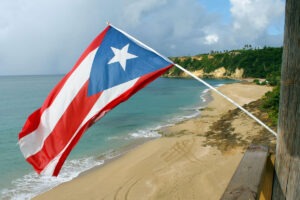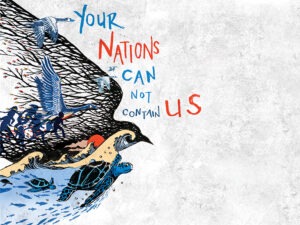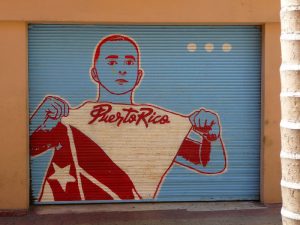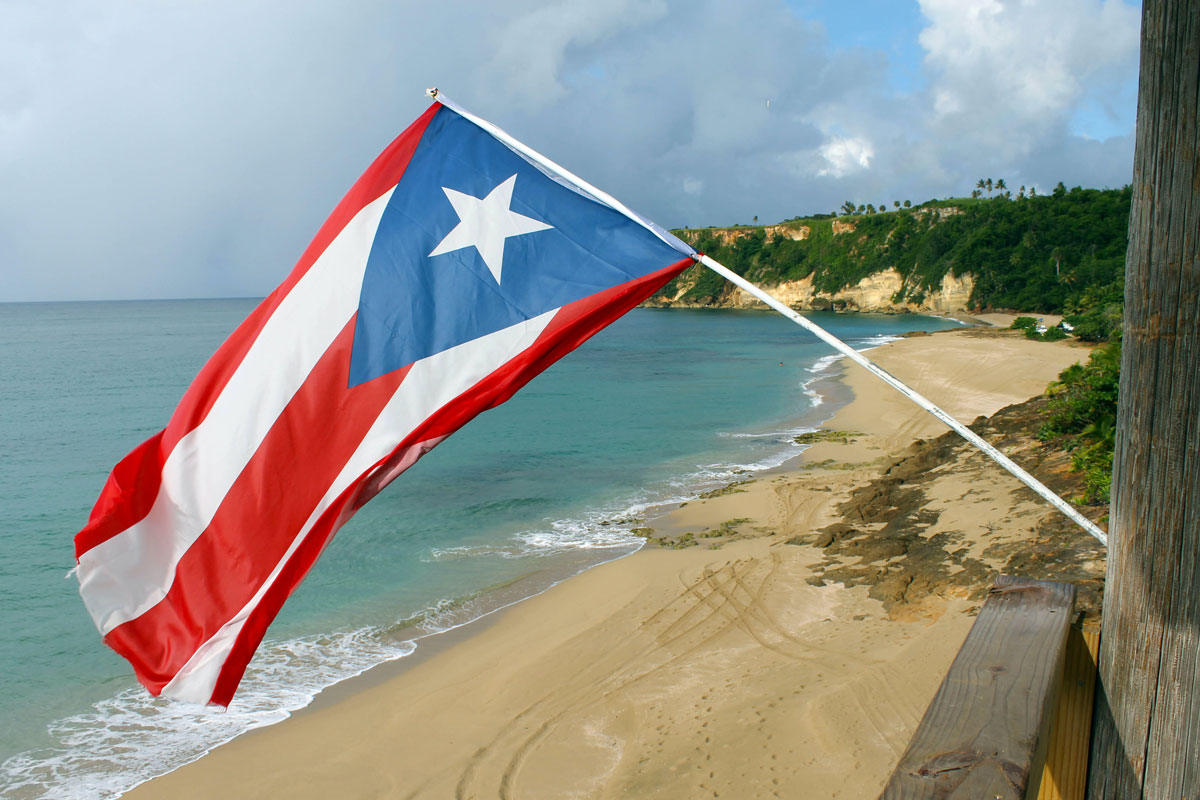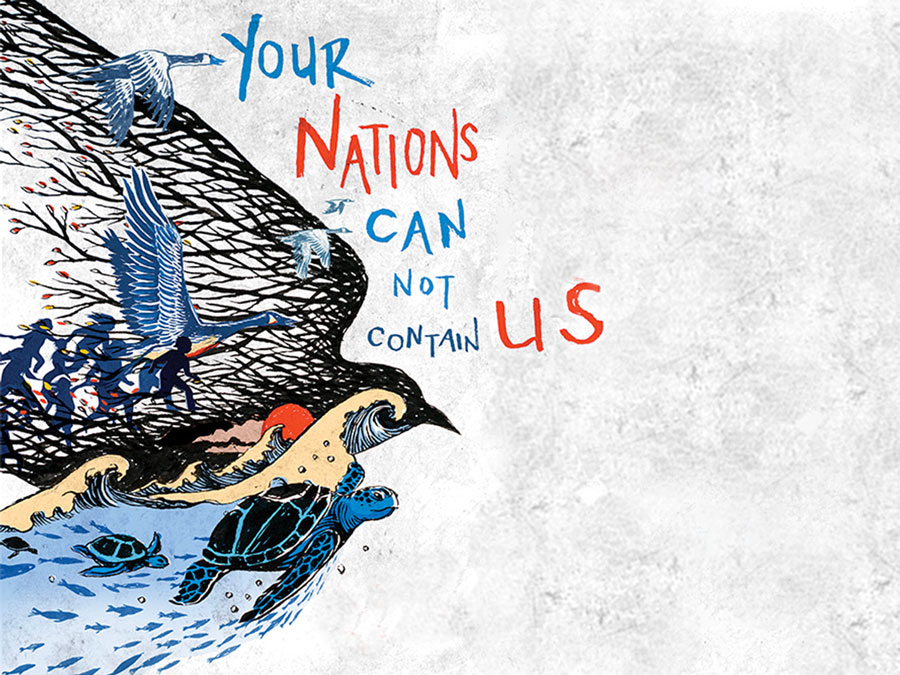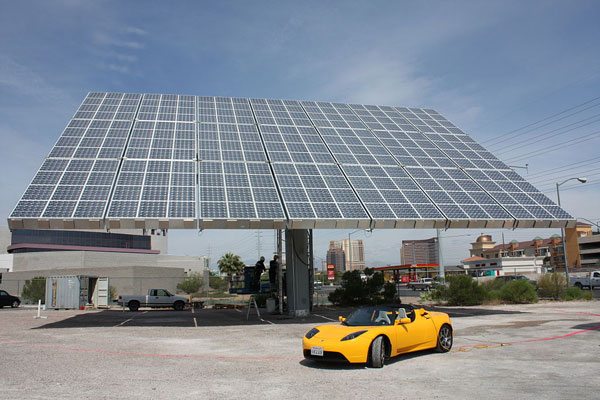
October 24, 2017; Grist
The tried and true response for energy disruption caused by natural disasters has been the temporary use of diesel generators until the electrical power grid is restored. But new challenges more akin to collapse than disruption—like the now month-long virtual power shut down in Puerto Rico, which has only just begun—are creating the context for alternative solutions. One of these, coming from Elon Musk’s Tesla, places new focus on solar-plus-battery systems for small islands.
According to Amelia Urry, writing for Grist,
After earlier reports of the company’s batteries arriving at San Juan’s port, Tesla announced…it has started constructing its first microgrid installation, laying out a solar field and setting up its refrigerator-sized Powerpack batteries to supply electricity to a children’s hospital in the Puerto Rican capital.
Sign up for our free newsletters
Subscribe to NPQ's newsletters to have our top stories delivered directly to your inbox.
By signing up, you agree to our privacy policy and terms of use, and to receive messages from NPQ and our partners.
While the idea of solar power as a viable source of energy in emergency relief situations is a new one, there are good reasons to explore such alternatives. “Generators are expensive, inefficient, and prone to failure. And burning diesel in homes comes with health risks like carbon monoxide poisoning.” Solar power, however, provides “reliable electricity with no pollution.”
Nonprofits, like Resilient Power Puerto Rico, about which NPQ wrote earlier this week, are also providing alternative, clean energy in Puerto Rico. Another nonprofit, Empowered by Light, deploys solar-plus-battery microgrid systems in Puerto Rico. These are currently helping to power emergency centers and water purification.
As Puerto Rico rebuilds over the next few months, it has the opportunity to build less vulnerable infrastructure. While Tesla offers renewable energy, nonprofits like Resilient Power Puerto Rico also offer economic resilience, as outlined in NPQ’s aforementioned previous article. In spite of this, Puerto Rico awarded a $300 million contract to restore PREPA (Puerto Rico Electric Power Authority) to Whitefish Energy—a tiny startup in Whitefish, Montana…hometown of the Secretary of the Interior, Ryan Zinke.
PREPA is Puerto Rico’s largest company and, according to The Economist, it has played a significant role over the last few decades in creating a Puerto Rican middle class by providing stable, well-paid jobs. PREPA is also responsible for $9 billion of Puerto Rico’s $73 billion debt. It will be interesting to see how it all unfolds.—Cyndi Suarez


